
Last Words
A three-part Globe Spotlight Team series exposes the inequities that follow people in Massachusetts to their very last breaths. It is a deep examination into the uncomfortable topic of death, and confronts the state's failure to protect its most vulnerable in the early days of a historic pandemic.
Part 1
Is death the great equalizer?
Quite the contrary, a Spotlight investigation shows. Death exposes in high relief the layers of inequities, in race and income, care and opportunity, that shape life down to its final hours. It is a truth the pandemic has only underscored — one hard to see, because it is so much easier to look away.
Read MorePart 2
A home to die in
They were the most vulnerable to COVID — thousands of elders in nursing homes across the state. Yet for the Baker administration, praised for its overall pandemic response, they were for too long a secondary priority. The result was calamity — 1 in 7 dead, among the highest rates in the land.
Read MorePart 3
Homey, coveted, costly — and crushed by the pandemic
Families, especially those with means, sought to place their frail elders in Belmont Manor, a five-star nursing home. It was a safe refuge for the twilight years, until suddenly it became something else entirely: a case study in the coronavirus's indiscriminate power.
Read More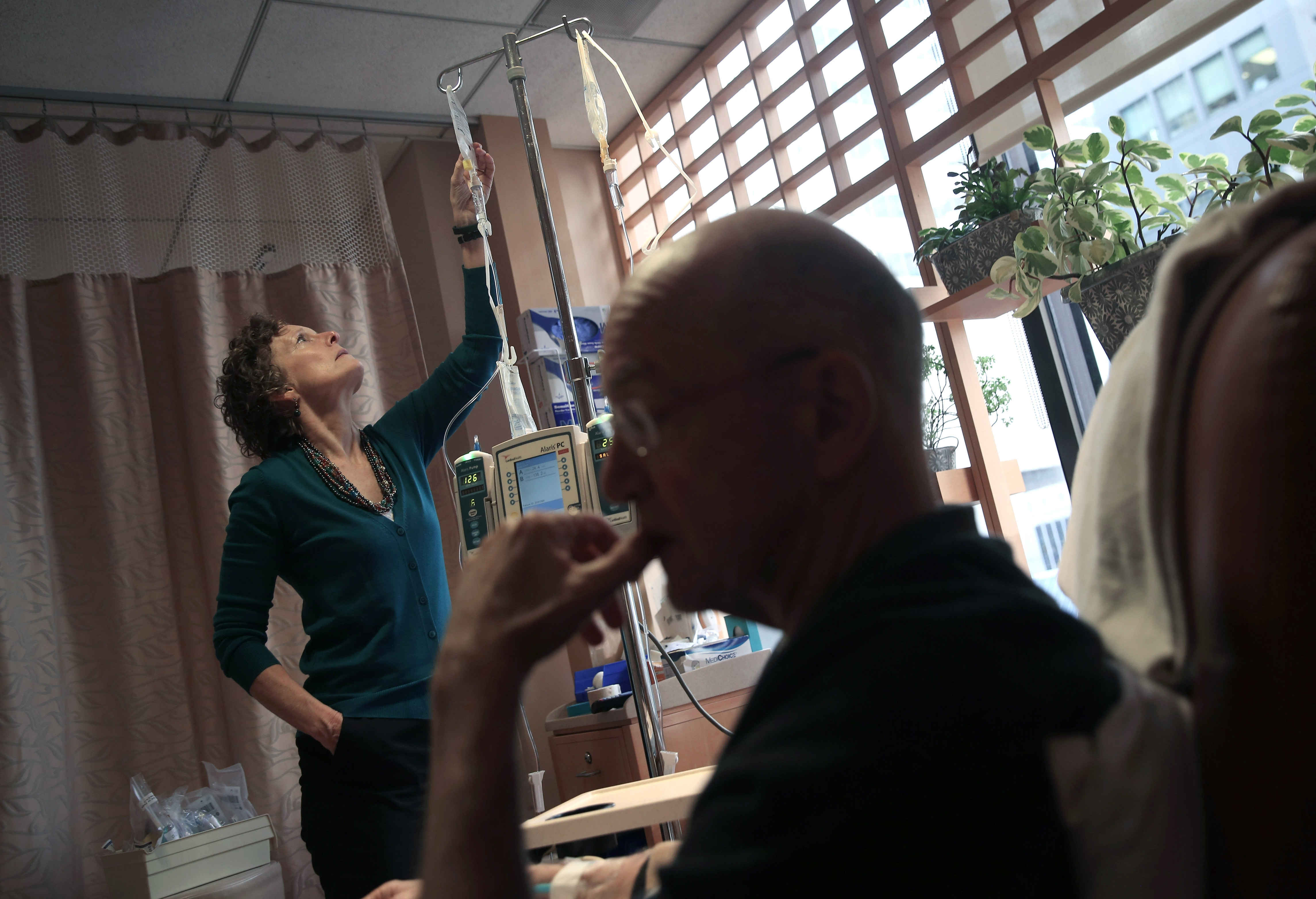
She hastened her own death — a deliberate decision in accordance with the law, in the face of a terminal illness. Will the option be available in Massachusetts?
For terminally ill people in Massachusetts and most other states, the choice of medical aid-in-dying does not exist. That means that across the country, or just down the road over a state line, decisions at the end of life depend on where you live.
Read more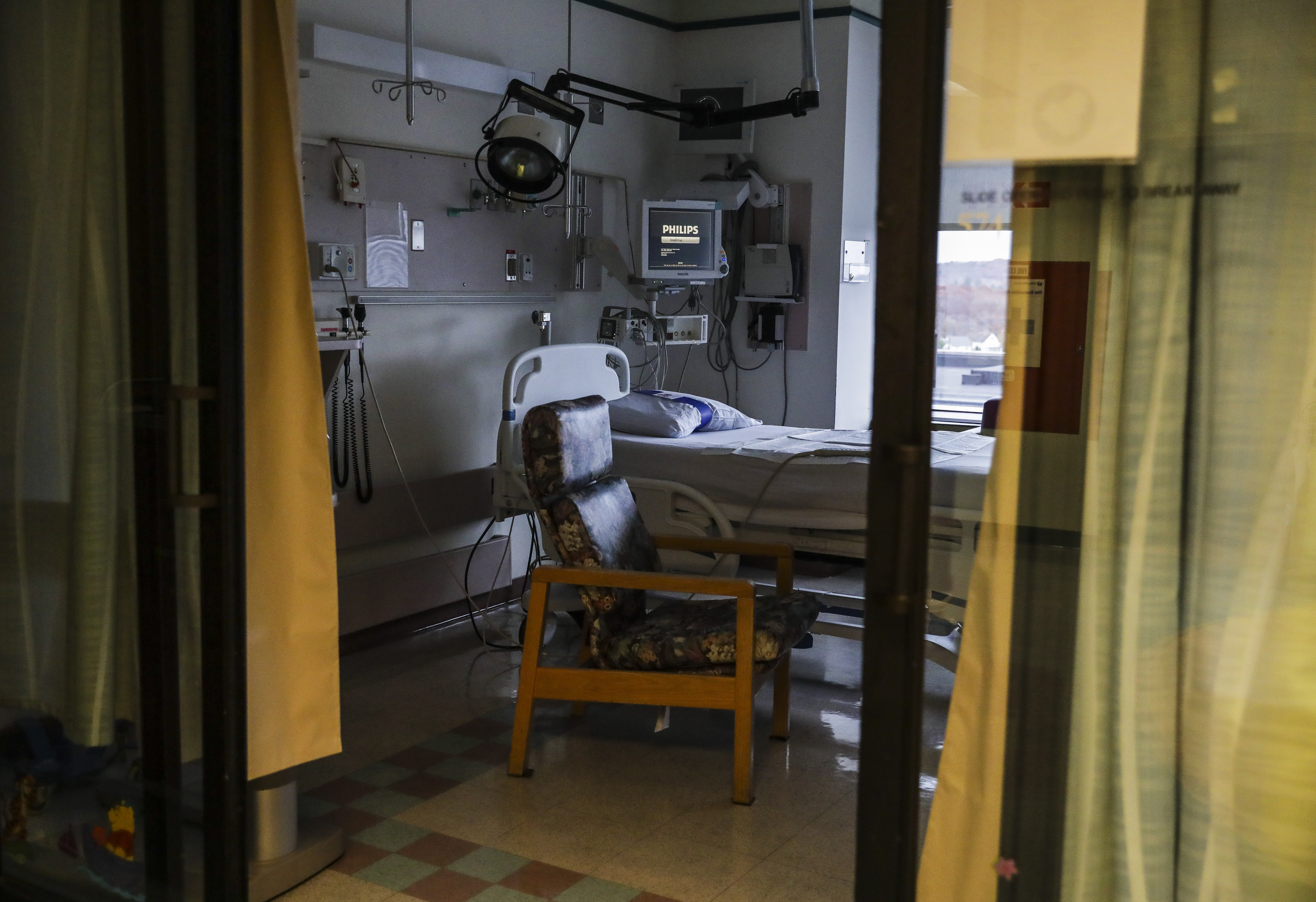
Hospital staff revived a man’s stopped heart — and he sued
A successful ‘wrongful prolongation of life’ lawsuit in Montana, among other things, reflects the extent to which many Americans will go to gain — and enforce — their rights to control their final days.
Read more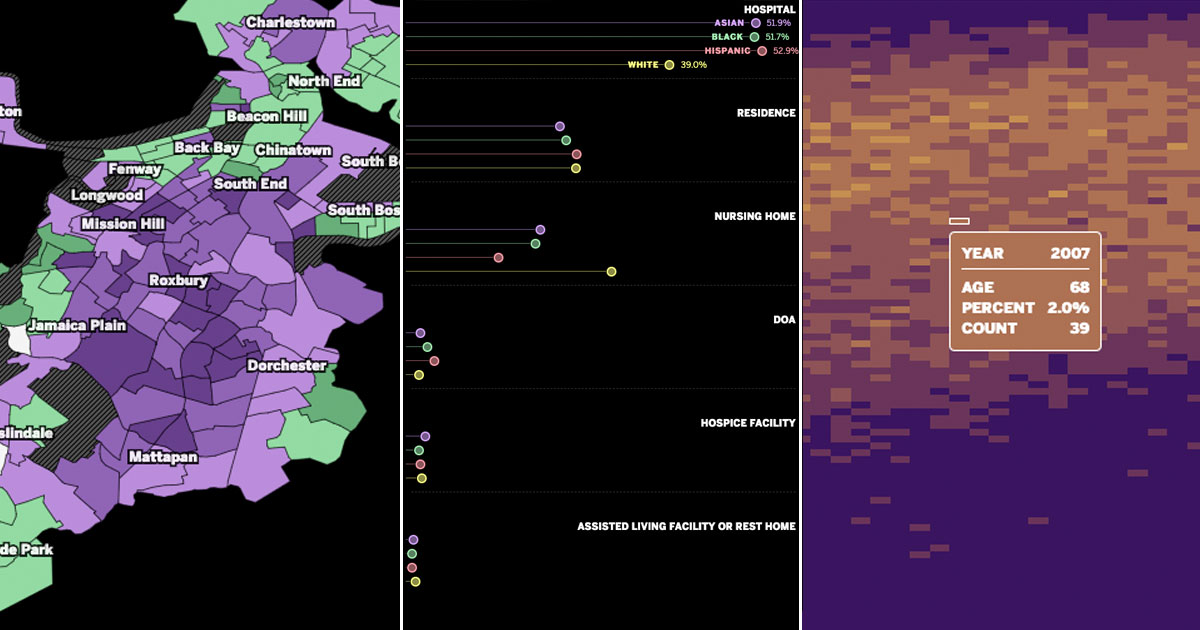
Death in Mass., by the numbers
Boston Globe Spotlight Team obtained state data from more than 1 million death certificates filed in Massachusetts in the last two decades. Some reflect the tragedy of newborn deaths, others the good luck of a long life. Analyzed in totality, however, the data reveals troubling differences among groups: Income and race makes a difference.
Read more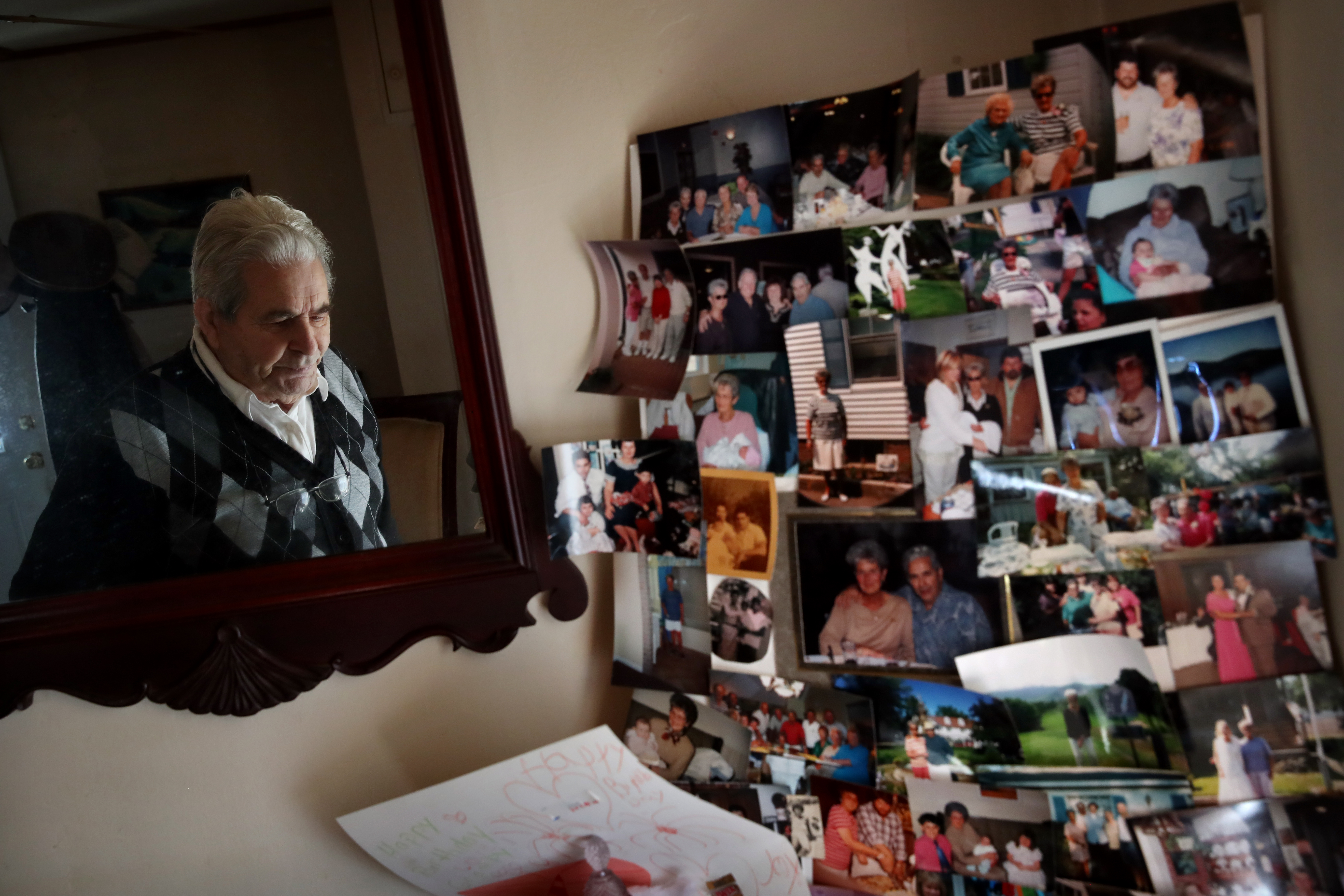
Massachusetts poll: Race, education and gender create some divergent views on end-of-life issues
A Boston Globe-Suffolk University poll late last year shows that, for the most part, Mass. residents share widespread agreement on issues related to the difficult subject of death. But some major — and subtle — differences emerged along racial, education and gender lines.
Read more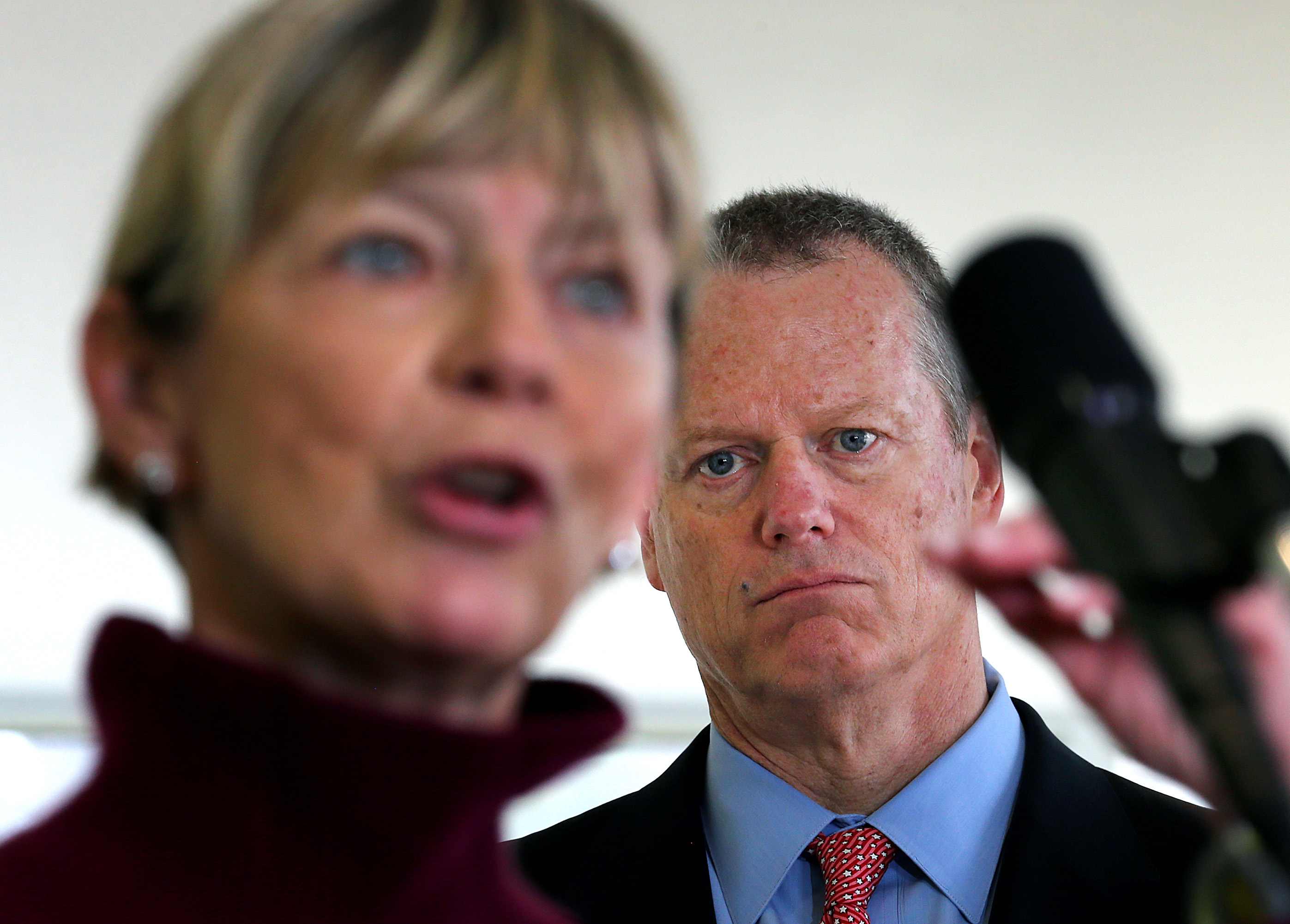
Governor Baker and his staff continue to withhold key pandemic data
Despite Baker signing a law three months ago that requires greater disclosure about infections at nursing homes and senior-care facilities, it still hasn't happened.
Read more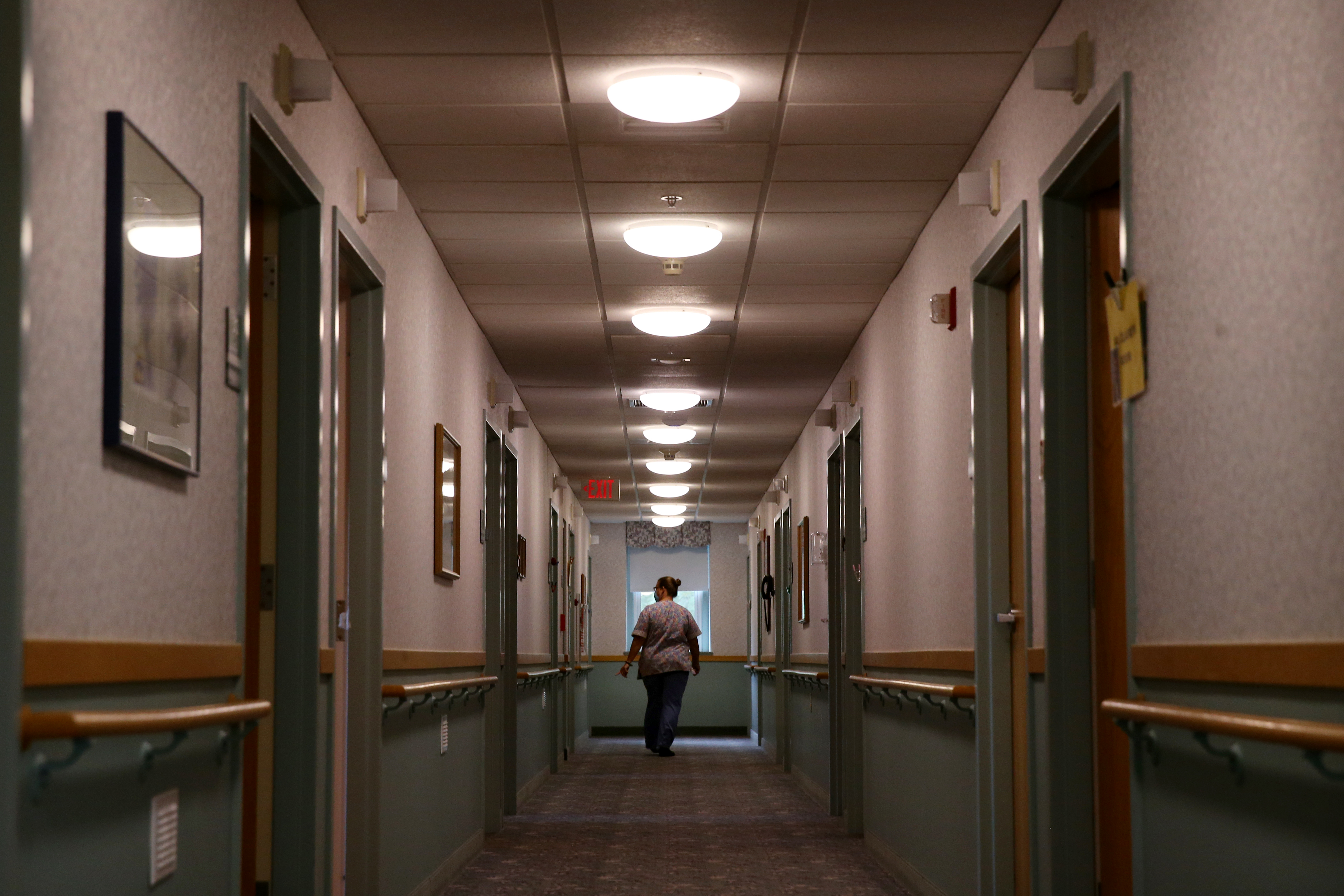
Spotlight Team probe: Potential Medicaid discrimination at Massachusetts nursing homes
As part of its investigations into inequities in the later years of life, the Spotlight Team set out to test this simple but critical question: Is it harder for the poor to get a nursing home bed? The answer that came back was unmistakable: Yes.
Read more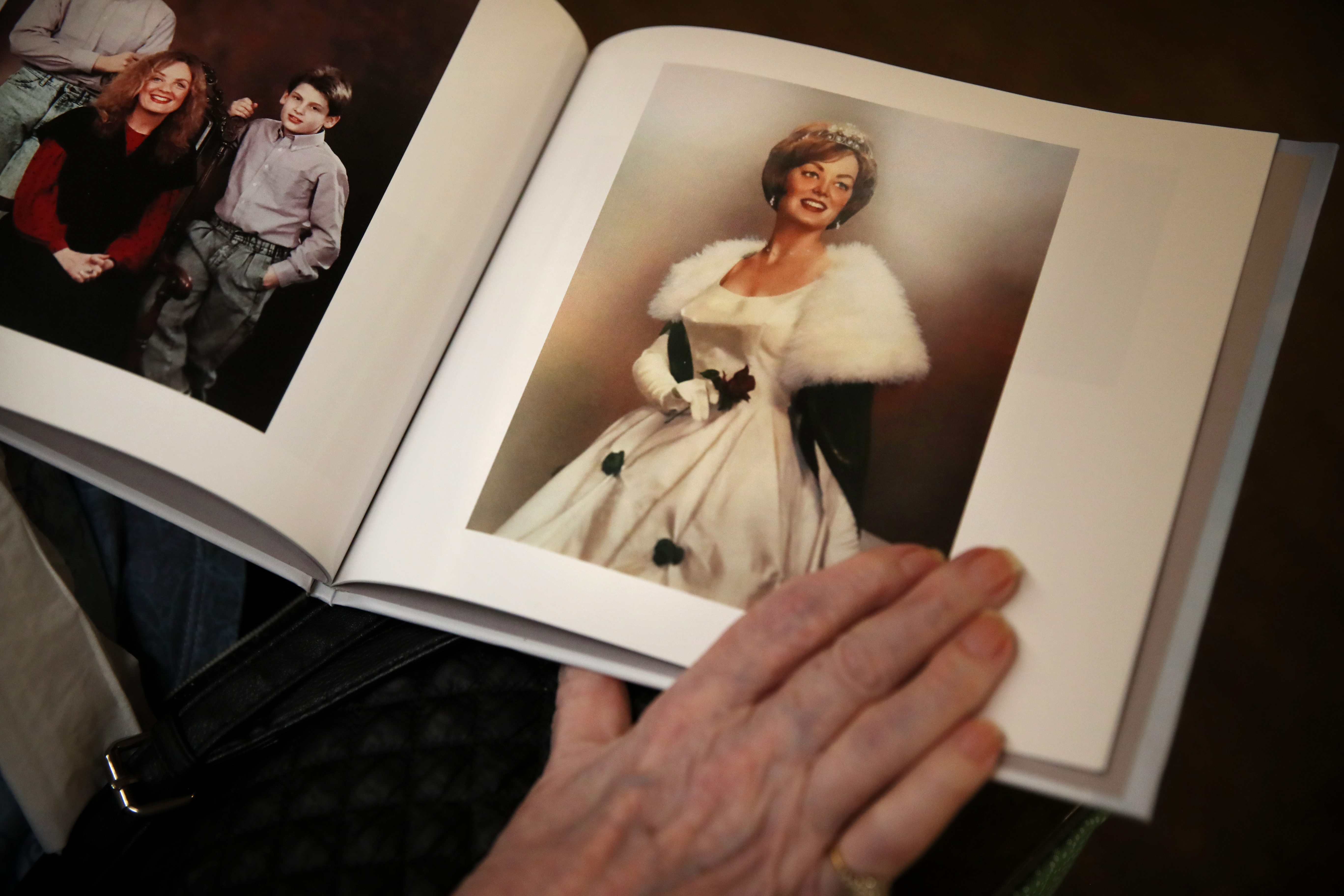
11 takeaways from the Globe Spotlight team’s ‘Last Words’ series
The Boston Globe Spotlight Team’s series, “Last Words,” drew attention to a subject few want to dwell on: the final stage of life. Reporters analyzed data from more than 1 million death certificates and found inequities in how, where, and when people die. They also conducted scores of interviews and secured hard-to-obtain data about the coronavirus pandemic, probing for the reasons behind the state’s staggering death toll in nursing homes. These are some of the top takeaways from what we found.
Read moreBeyond the Globe's Spotlight Team members on this project, many others in the newsroom played a significant role in making this series possible:
- Editors: Scott Allen, Mark Morrow and Jason Tuohey
- Digital storytelling team: Heather Ciras, Daigo Fujiwara, John Hancock and Ryan Huddle
- Development, management, quality assurance: Maureen Champagne, Justin Coronella and Todd Dukart
- Print design: Omar Vega
- Photo department staffers: Bill Greene, Leanne Burden Seidel and Craig F. Walker
- Video production team: Anush Elbakyan and Shelby Lum
- Copy editors: Michael J. Bailey and Mary Creane
- Research contributors: Andres Picon, Maysoon Khan and Jeremiah Manion


